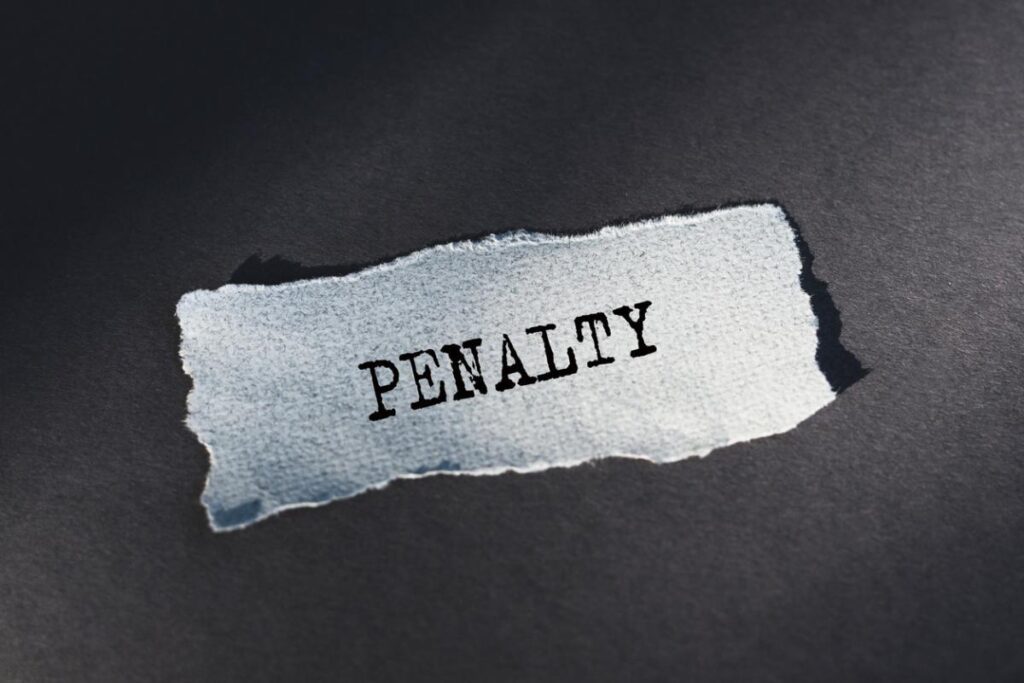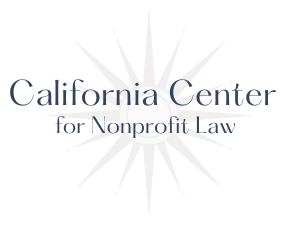
Potential Penalties for Failing to Meet Charitable Registration Requirements
Most states now require charitable organizations to meet specific charitable registration requirements to solicit donations within their borders. In some cases, fundraisers your organization contracts with must also comply with certain registration requirements. Failure to comply with registration requirements, as well as reporting requirements, can result in severe consequences.
Registration Penalties and Enforcement
In most states, the Attorney General’s office is responsible for enforcing these registration requirements, which are part of each state’s laws. Failure to register, update, or renew your organization’s registration promptly can result in both civil and criminal penalties.
For example, many state laws make it a misdemeanor criminal offense to solicit donations in their state without the appropriate registration. A misdemeanor conviction typically results in a fine, which can range from $100 to $10,000 per violation. Some states even assign a separate fine for each violation, which can add up very quickly. Additionally, a misdemeanor conviction does carry the potential for jail time in most states. In a few states, including Ohio and Florida, violating charitable registration requirements is a felony offense, and in other states, such as Tennessee, a second violation is also considered a felony.
Your organization may also face civil fines and late fees for failing to register or renew its registration on time. Some state laws, such as those in Pennsylvania and South Carolina, stipulate that fines cannot be waived once they have been assessed.
A state also might bar your organization from soliciting donations altogether in the state, often by issuing you a cease-and-desist notice, if you do not comply with all applicable registration requirements. In some cases, your organization could face investigations and audits stemming from its failure to register. Furthermore, suppose your charity is unable to solicit donors due to registration violations in the state where it is primarily located. In that case, it may be required to shut down until it becomes compliant and pays any applicable fines or fees. This situation could lead to the cancellation of major planned fundraisers pending the resolution of the violations.
Furthermore, the potential damage to your charity from not properly registering in a state can have consequences well beyond fines, fees, and related penalties under state civil and criminal laws. If your organization receives notice of a registration violation, it is likely public information and is often posted on the Attorney General’s website in a particular state, such as the reports posted on the California Attorney General’s website. Therefore, charitable registration violations are likely to bring about negative publicity for charitable organizations, which is the last thing you want when you are trying to solicit donations for your charity. Complying with registration requirements can help you maintain your charity’s public image as a reputable and law-abiding organization.
Exemptions from Registration
Some charities may not register in a particular state because they see themselves as exempt from registration requirements. While every state has exemptions for some types of organizations from their charitable registration laws, charities generally need to file a request or notice of exemption affirmatively. The state then must process and approve the request for exemption, which can take some time. However, every state’s handling of exemptions differs, so your charitable organization should determine the exemptions available in each state and follow any necessary procedures to claim the applicable exemptions.
Frequently Asked Questions (FAQ)
Are charitable solicitation registration requirements federal or state laws?
Charitable solicitation registration requirements are state laws, which is why they differ so widely from one state to another.
Do charitable registration violations threaten a charitable organization’s tax-exempt status?
A charitable organization must seek and qualify for tax-exempt status not only through the federal government, but from state governments, as well. In some states, failing to register for charitable solicitation under their laws can threaten your organization’s tax-exempt status, which can greatly impact its financial situation and the ability to attract donors.
How do I know if my charity needs to register in a particular state?
You must carefully review each state’s registration requirements and comply with them strictly. Due to variations in each state’s requirements, hiring legal counsel to ensure compliance with all applicable requirements in all states where you operate can be crucial for avoiding the negative consequences of registration violations.
Call the California Center for Nonprofit Law Today
Understanding the complex and ever-changing charitable solicitation laws that govern charitable organizations in different states can be a challenging task. Our goal is to inform you of the legal requirements that affect your charitable organization and outline the necessary steps to ensure compliance. Contact an experienced nonprofit lawyer today by calling the California Center for Nonprofit Law offices at (949) 892-1221, emailing us at info@NPOlawyers.com, or contacting us online for more information today.
